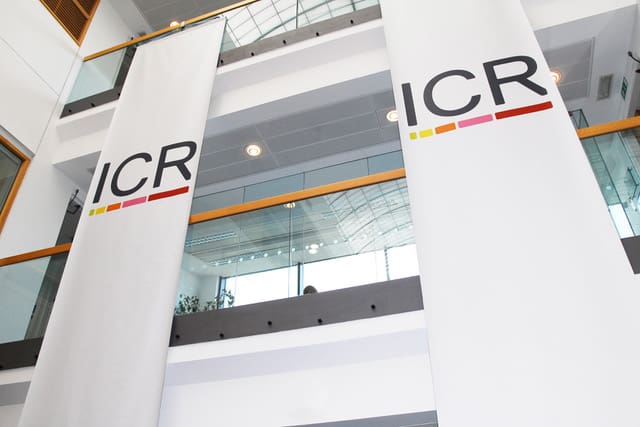
The National Institute for Health and Care Excellence (NICE) has been criticised for missing a chance to ensure its assessment methods support recommendations of innovative and potentially life-changing treatments for cancer patients.
Professor Kristian Helin, chief executive of The Institute of Cancer Research (ICR), London, said: “We believe NICE has missed a golden opportunity to improve the lives of people with cancer by making it easier to access exciting new treatments on the NHS.”
The ICR said the proposed reforms from NICE regarding drug evaluation for the NHS did not meet the expectation of what was needed and could make access to new treatments significantly worse.
Other experts at the ICR have added that too little had been done to support speeding up the approval of new drugs or removing restrictions to drug approval in cases of rare diseases, including children’s cancer.
Professor Helin said that “making minor tweaks rather than bold reforms” does not encourage the progress of innovative new treatments because small changes would lack investment incentives for pharmaceutical companies.
However, the ICR has welcomed certain changes proposed by NICE, including its recommendation that review panels should accept more uncertainty in data when considering new drugs.
The ICR is asking for more flexibility and consideration in areas including: a greater recognition of the barriers for rare disease, the prioritising of innovative medicines, the use of surrogate measures of survival and investigations into the risks of removing the end of life criteria for a disease severity modifier.
Speaking on behalf of ICR, Professor Helin said: “We believe that NICE should be favouring the most scientifically innovative drugs and levelling the playing field by making it easier for children with cancer and other patients with rare diseases, to gain access to new treatments.
He added: “NICE should be establishing early measures that help to predict longer survival, so it can make innovative new treatments available to patients more quickly.”




